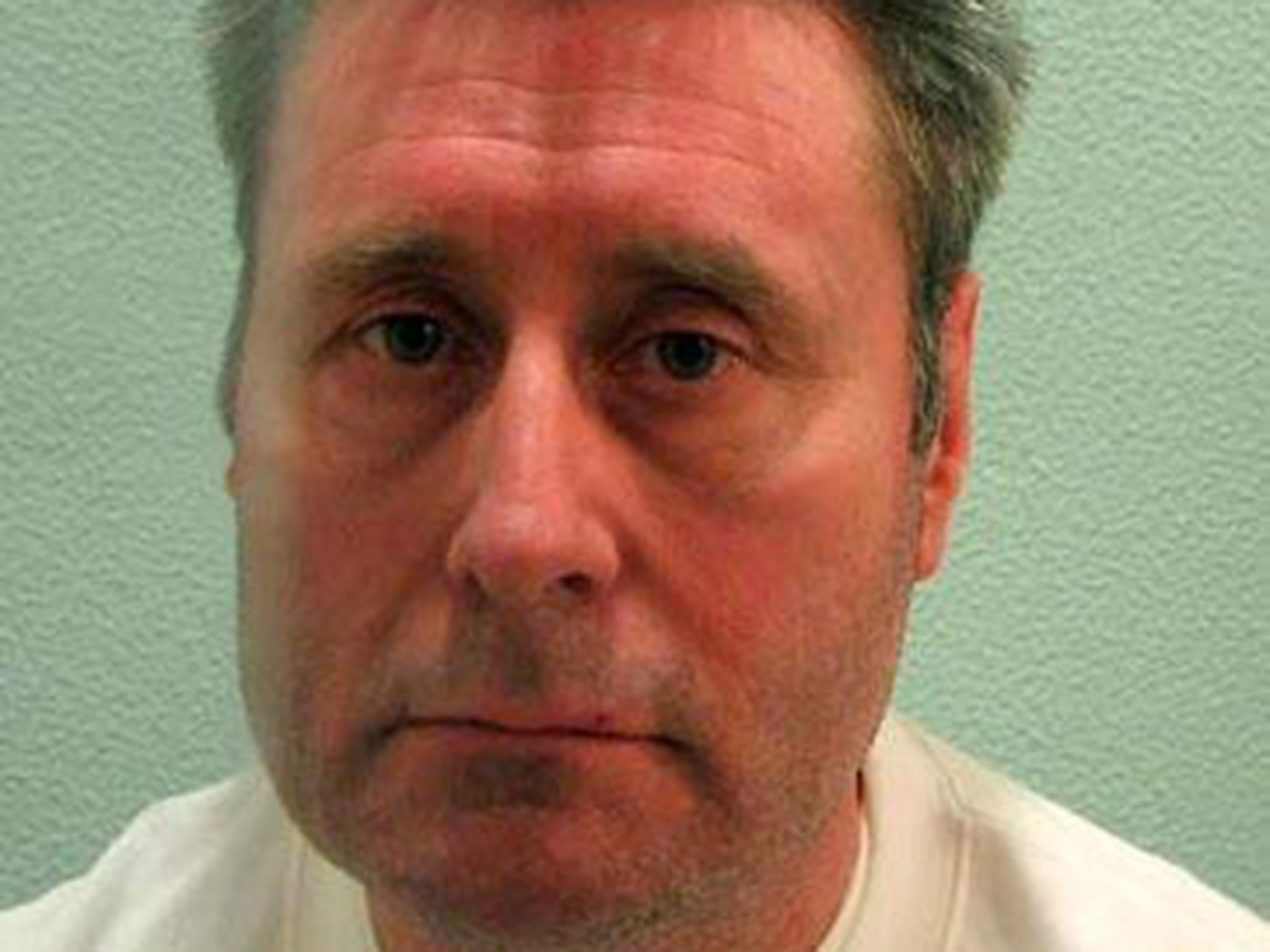Parole hearings to be held in public for first time after John Worboys scandal
Outrage over decision to release rapist prompted wide-ranging reforms to increase transparency

Parole hearings to decide whether prisoners are safe for release are to be held in public for the first time.
The government said a blanket ban on public hearings will end later this year, although the “vast majority” of cases are expected to remain private because of sensitive information.
The move will enable anyone to request an open hearing, before the Parole Board decides whether it would be in the interests of justice.
Such hearings could be attended by victims, journalists and other members of the public.
The Ministry of Justice said that victims and the prisoner will be consulted before a decision is reached.
It said the Parole Board was unlikely to agree to a public hearing where it will cause “significant distress” to victims or where the offender’s victims were children.
The change was supported in a public consultation that was sparked by the John Worboys scandal in 2018.
Revelations that some victims of the “black cab rapist” found out he was to be released from jail through press reports sparked a legal challenge that ended plans to release him. He was later sentenced for four more attacks.
Outrage over the fact that some women were not able to make representations to a Parole Board hearing that initially decided Worboys should be freed triggered a wide-ranging review, and moves to make it easier for both victims and prisoners to challenge the body’s decisions.
Announcing the latest reforms on Monday, the Ministry of Justice said the government wanted to increase public confidence in the parole process and boost transparency.
But it cautioned that rules governing what information can be disclosed at hearings are still under consideration as part of a wider review of the system, which will report back in the summer.
Many will include medical information and private information relating to victims that could prevent public access.
Public parole hearings would operate in a similar way to court cases, with attendees not able to intervene or ask questions.
Lucy Frazer, the justice minister, said the change would be made through new legislation and Parole Board guidance later this year.
“The government wants victims to be allowed to attend parole hearings if they wish but we appreciate many would find a public hearing distressing,” she added.
“Our ongoing Root-and-Branch Review will consider how to achieve victim attendance so that they can see first-hand how decisions have been reached in a comfortable and supportive setting.”
Parole hearings are conducted by between one and three trained members, including judges and psychiatrists, who consider evidence and hear the opinions of probation officers and others who have been working with prisoners.
The panel then decides whether the risk a prisoner poses has reduced enough for them to be safely managed under licence conditions outside of prison.
Since May 2018, victims and the media have been able to request summaries explaining the reasons for decisions from around 8,000 parole hearings held every year.
Subscribe to Independent Premium to bookmark this article
Want to bookmark your favourite articles and stories to read or reference later? Start your Independent Premium subscription today.

Join our commenting forum
Join thought-provoking conversations, follow other Independent readers and see their replies